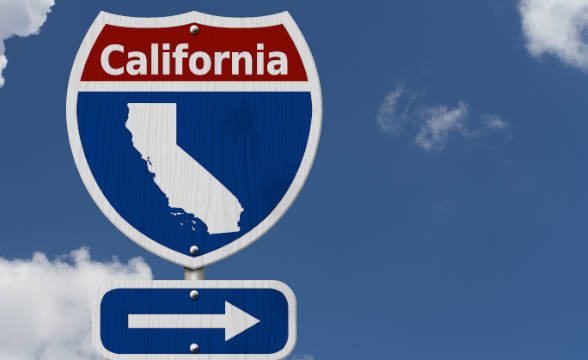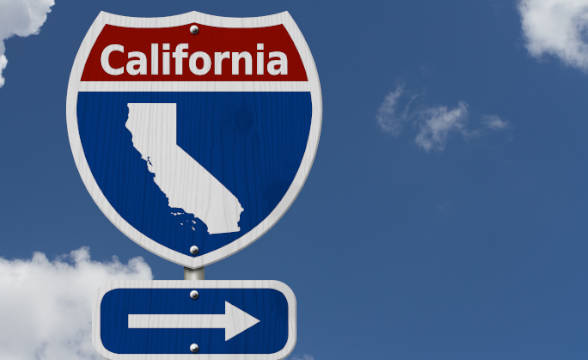7BALL As November’s elections draw closer, tensions rise between tribes, major sportsbook operators, and local cardrooms. The reason is the legalization of sports betting in the Golden State, which, at this point, is almost a certainty. Each major player has their own ideas regarding the exact legislative changes, and with millions of dollars in potential profits, tensions are quickly rising.
A Two-and-a-half Horse Race
At this point, it is clear that there are only two options worth considering. The first is the Tribal Sports Wagering Act. It is yet another attempt from California’s tribes to regulate sports betting in the state and will allow sports wagers at tribal casinos and betting establishments. The other contender is Californians for Solutions to Homelessness and Mental Health Support. This proposal aims to legalize sports betting on a much wider basis and plans to include all major betting operators, including the tribal ones.
Both of these initiatives possess substantial financial backing and have the potential to win. The third contestant in this race – the cardroom operators, did not even make it past the starting line, with the petition drive for their measure failing miserably. However, this does not mean that they can’t make their impact on the battle ahead.
Not content to accept defeat, California cardrooms have banded together and are now enlisting the help of local community leaders to help combat what they perceive as the greater of the two evils- the Tribal Sports Wagering Act. Local officials made statements on a political action committee called “Taxpayers Against Special Interest Monopolies,” financed predominantly by cardroom operators.
They range from local Council Members, mayors, and even an Olympic athlete in the face of Brenda Villa- a four-time Olympian. Their main concerns are not related to sports betting and focus on the tribal measure’s more obscure aspects, which will allow tribal casinos to offer roulette and dice games. It will also give tribes greater freedom in pursuing legal action against cardrooms even when the latter has not violated any laws.
Some Concerns about Tribal Measure and Community Impact
The community leaders expressed concerns that the tribal measure will negatively impact the livelihood of small communities, which rely on local cardrooms for much of their financing, and will only benefit a select few.
Tribal representatives have not yet answered these concerns and appear to be more focused on dealing with their immediate competition in the face of the sportsbook operators and their online measures. According to California Asian Pacific Chamber of Commerce President and CEO Pat Fong Kushida, the online measure would harm local businesses and only consolidate existing monopolies- a statement that is eerily similar to the criticisms that the tribes’ proposal faces.


